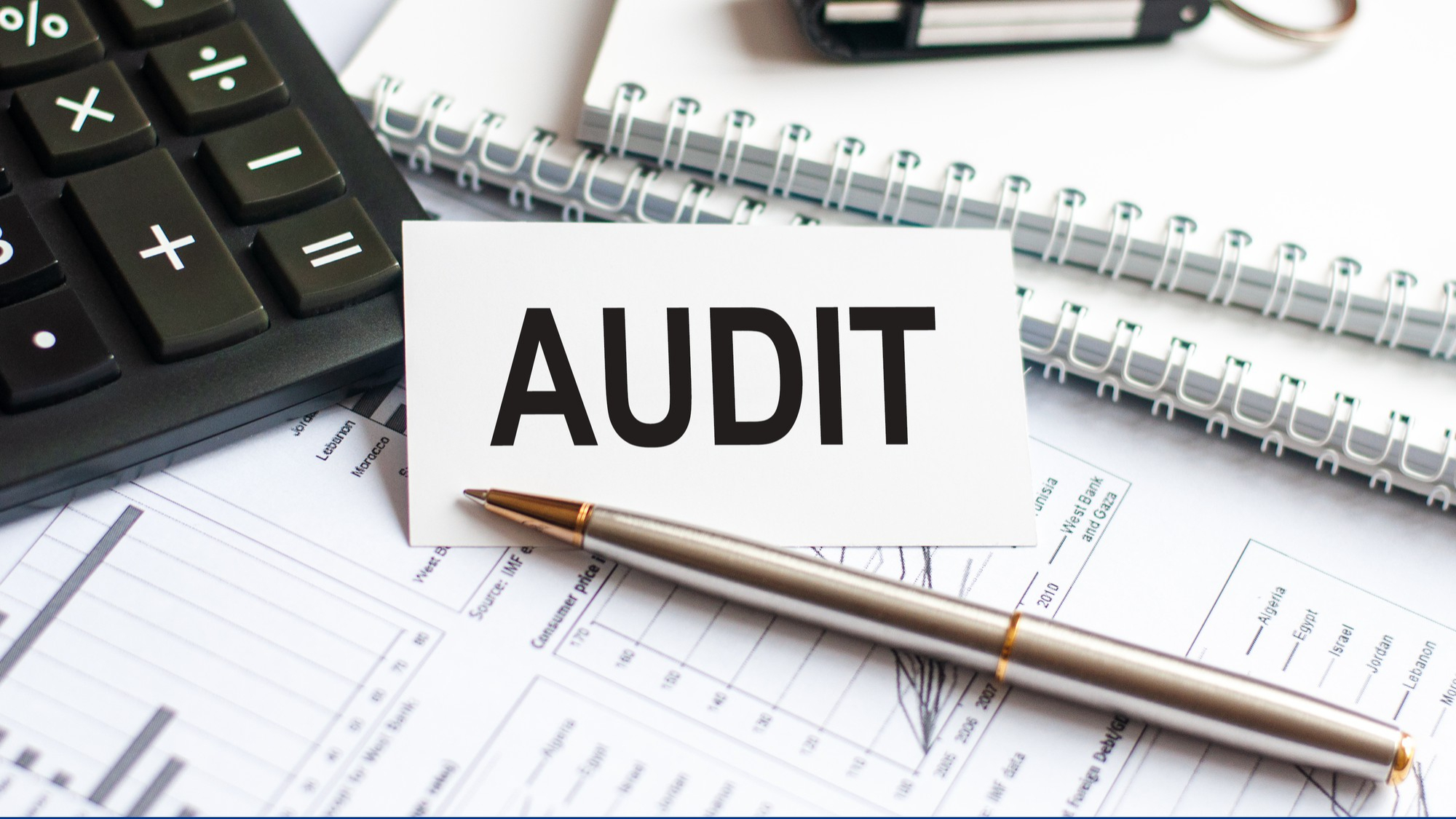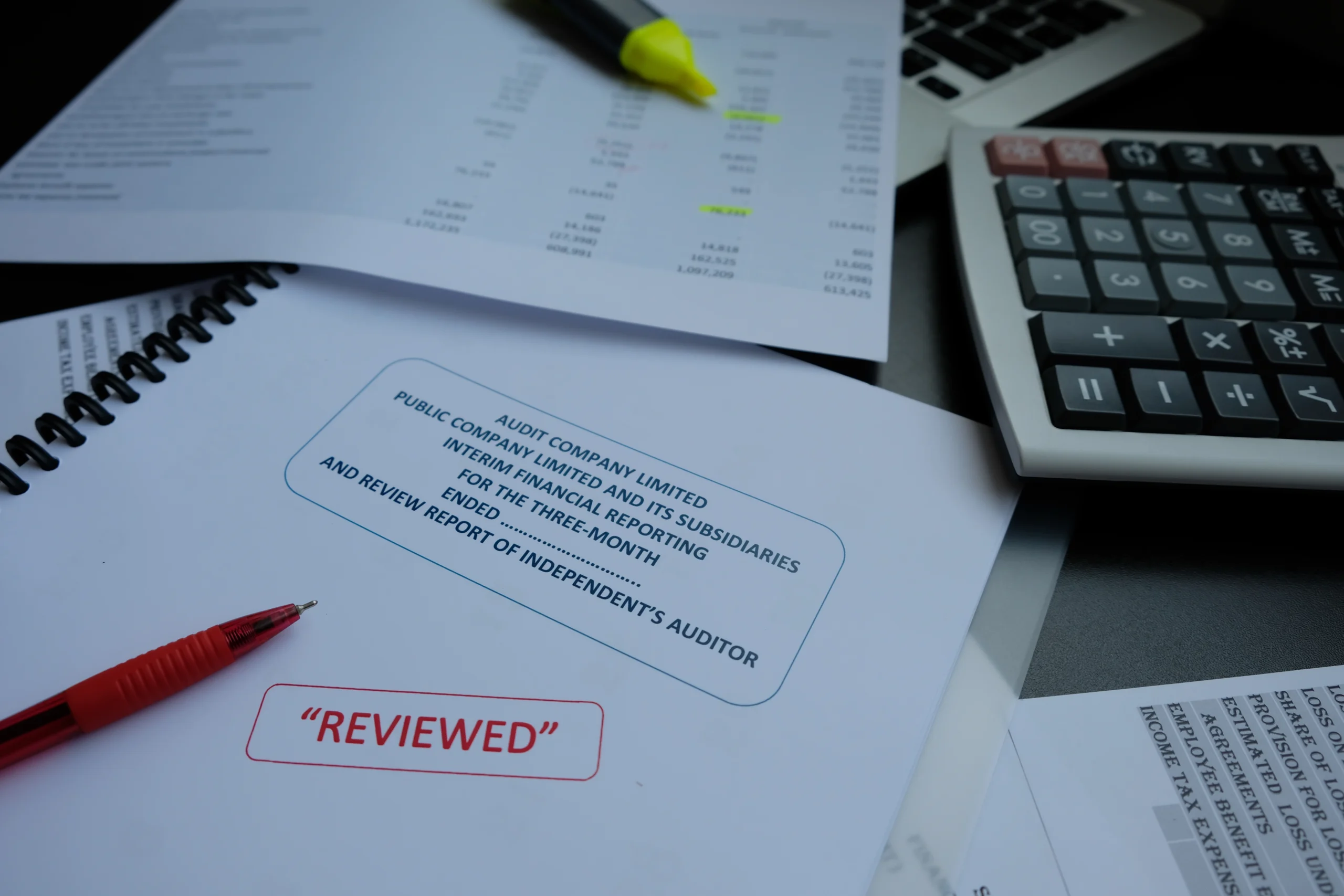Who gets audited by IRS the most is a question that keeps many taxpayers up at night. With the IRS’s recent $80 billion funding boost and over 5,000 new enforcement agents, understanding your audit risk is more important than ever. This guide breaks down the latest audit statistics and key risk factors and explains how an IRS tax audit attorney can help you navigate the IRS examination process with confidence.
Latest Facts and News About IRS Audits
The IRS is ramping up enforcement, and audit trends are shifting. Here’s what’s new in 2025:
- To build up enforcement and auditing capacity, the Inflation Reduction Act sent the IRS $80 billion.
- Last year alone, the audit rates of taxpayers with income of more than 10 million rose by 73 percent.
- Over 5,000 new enforcement personnel have been hired to expand the IRS examination process.
- Non-filers in high-income areas are a priority, including new efforts going after non-filers with large incomes.
- There is a tax gap, which refers to unpaid taxes, and it is estimated to exceed $600 billion annually.
In 2024, the IRS announced its intention to audit more individuals earning over $400,000 per year, indicating a focus on high-income earners.
While most Americans fear IRS audits, certain factors may put you personally at risk. Understanding who gets audited by the IRS the most and why could be the difference between a stressful audit and a smooth resolution with the help of an IRS tax audit attorney.
IRS Audit Statistics: Who Gets Audited by the IRS Most Frequently?
Let’s examine the data to determine which individuals the IRS audits most frequently:
| Preparation Method | Audit Risk | Best For |
| Self-filing | Higher | Simple returns |
| Professional Prep | Lower | Complex or high-income |
High-Income Taxpayers and Audit Frequency
The rates of auditing are highest among high-income taxpayers. The IRS also picks such returns, as they are more complicated, and they provide more room to commit errors or understate. The tonnage of uncollected tax is especially high among earners with over 10 million, where the audit rates are almost 30 times higher in comparison to the middle-income earners.
Important audit risks in high earners:
- Various sources of income
- Complex investments
- Business losses and huge deductions
Self-Employed Individuals and Small Business Owners
Compared to wage earners, small businesses or self-employed individuals are more likely to face the audit process. The IRS draws attention to these returns because of :
- High-stakes home office deductions
- Missed or multiple business losses
- Cash-heavy businesses
Tip: Be thorough with recordkeeping, as well as business and personal expenses, to lessen the chances of becoming audited.
Earned Income Tax Credit (EITC) Claimants
Claiming the Earned Income Tax Credit (EITC) increases your audit risk. In 2019, the audit rate for EITC claimants was 0.78%, compared to the overall average of 0.29%. Most EITC audits are handled by mail and focus on verifying eligibility, especially for qualifying children.
Documentation Tip: Keep records showing your child’s residency, relationship, and your income to defend your EITC claim.
Red Flags That Trigger IRS Audits Beyond Income Level
Your income isn’t the only thing that can get you audited. The IRS uses advanced algorithms to flag returns with certain risk factors. Here are the most common red flags:
Unusually Large Deductions Relative to Income
If your deductions are much higher than average for your income, expect extra scrutiny.
Common problematic categories:
- Charitable contributions
- Medical expenses
- Business expenses
Best practice : Keep receipts and documentation for every deduction, especially if it’s larger than typical for your income.
Reporting Round Numbers and Inconsistent Information
The IRS looks for returns with many rounded numbers or inconsistencies across forms.
Red flag examples:
- Reporting $5,000 for office supplies or $2,000 for travel
- Income reported does not match W-2s or 1099s
Tip: Always use exact numbers and double-check your math.
Cash-Intensive Businesses and Cryptocurrency Transactions
Restaurants or salons in which a large amount of cash is involved have higher chances of being audited. The IRS is also monitoring cryptocurrency transactions keenly. If you buy, sell, or trade digital assets, be sure to report them correctly and maintain good records.
July 2025 update: The IRS has changed its policy in that crypto transactions will now be reported in detail on Form 1040, making it more likely that an individual holding digital assets will be audited.
What Happens During an IRS Audit: Types and Procedures
If the IRS selects you for an audit, here’s what you can expect:
| Audit Type | What It Is | What to Expect |
| Correspondence Audit | Handled by mail | IRS asks for documentation about specific items |
| Office Audit | At a local IRS office | You or your representative meets with an IRS agent |
| Field Audit | At your home or business | IRS revenue agents review your entire financial situation |
Correspondence Audits: The Most Common Type
Most audits are handled by mail. The IRS will ask for proof of certain deductions or credits. Respond quickly and provide organised documentation to resolve the issue efficiently.
Checklist:
- Read the notice carefully.
- Gather requested documents
- Respond by the deadline
Office and Field Audits: When the Stakes Are Higher
In-person audits are more serious and usually focus on complex returns or high-dollar issues. The IRS may ask for extensive records and explanations. Having an IRS tax audit attorney represent you can make a big difference in these situations.
Preparation tips:
- Organise all relevant documents
- Be ready to explain your records
- Consider bringing an expert for IRS audit representation
How an IRS Tax Audit Attorney Can Protect Your Rights and Finances
Facing an audit alone can be overwhelming. An IRS tax audit attorney provides several advantages:
Legal Protections Only an IRS Tax Audit Attorney Can Provide
- Attorney-client privilege: Your conversations are confidential, unlike with a CPA or tax preparer.
- Protection in criminal matters: If the audit uncovers signs of fraud, your attorney can protect your rights.
| Professional | Privilege | IRS Representation | Legal Advice |
| Tax Attorney | Yes | Yes | Yes |
| CPA/Enrolled Agent | Limited | Yes | No |
Negotiation Skills and IRS Procedure Knowledge
Experienced tax attorneys understand the IRS examination process, deadlines, and negotiation tactics. They have an opportunity to dispute the background of wrong evaluations, bargain for a decrease in penalty and guarantee that auditors exhibit appropriate procedures.
Case example: An attorney read the case of a client who ran into six-figure penalties, with the penalty being reduced by 80 percent after attorney negotiation.
When to Hire an IRS Tax Audit Attorney: Timing Matters
Hire an attorney as soon as you receive an audit notice—especially for office or field audits, large sums, or complex business issues. Early intervention allows your attorney to manage all IRS communications and develop a defence strategy.
Hall’s IRS Tax Audit Defence Services: How We Help Clients Through IRS Audits
At Hall’s IRS, located at 314 Old Nunez Rd, Swainsboro, GA 30401, we specialise in defending against tax return audits. Tina Hall, our founder, is an IRS Tax Resolution Specialist and Tax Preparation Expert dedicated to protecting your rights.
Our Proven IRS Audit Defense Strategy
- Immediate Representation: We notify the IRS that we represent you, so all communication goes through us.
- Thorough Review: We analyse your audit notice and tax return to understand the IRS’s concerns.
- Documentation Gathering: We help you collect and organise all the necessary records.
- Negotiation and Defense: We present your case, negotiate with the IRS, and work for the best possible outcome.
Case Studies: Real Results for Clients Facing IRS Audits
Case 1:
A self-employed contractor was audited for large business deductions. With detailed logs and receipts, we defended every deduction, resulting in no additional tax owed.
Case 2:
A client with crypto reporting errors faced penalties. We corrected the filings, negotiated with the IRS, and secured a payment plan with reduced penalties.
Preventative Measures: Reducing Your IRS Audit Risk
While some audits are random, you can lower your risk by following these tips:
Documentation Best Practices for High-Audit-Risk Situations
- Business expenses: Keep receipts and logs for all business-related costs.
- Charitable donations: Obtain written confirmations for all gifts and appraisals for property donations over $5,000.
- Home office: Document the size and exclusive use of your office space.
Professional Tax Preparation vs. Self-Filing: Risk Considerations
| Preparation Method | Audit Risk | Best For |
| Self-filing | Higher | Simple returns |
| Professional Prep | Lower | Complex or high-income |
If your situation is complex (self-employed, crypto trading, high income), professional tax preparation reduces errors and audit risk.
Conclusion: Being Prepared for an IRS Audit
Knowing who gets audited by IRS the most, high earners, the self-employed, and EITC claimants. It helps you to take control of your audit risk. Solid documentation and expert guidance are your best defense. An IRS tax audit attorney can safeguard your rights and work for the best possible result.
If you’ve received an IRS notice or want to reduce your audit risk, contact Tina Hall and Hall’s IRS at (478) 455–4615 for a confidential consultation.
FAQ's
The common triggers consist of discrepancies in reported earnings, abnormally high deductions, recurrent business losses, and EITC (Earned Income Tax Credit) claims. Miscalculations and incomplete forms are also causes for concern.
The IRS can audit for three years, but this is extended to six years for large underpayments and is unlimited for fraud or failure to file.
An attorney knows your return is auditable, so hiring one may reduce the risk of future audits.
Lawyers provide legal services and have the capability of solving complicated cases or criminal matters. CPAs are specialists in accounting and tax preparation without enjoying complete support of the law.
Yes, self-employed individuals are among those who get audited by the IRS the most. This is because they often deal with cash income, business deductions, and less third-party reporting, factors that the IRS considers audit risks.








